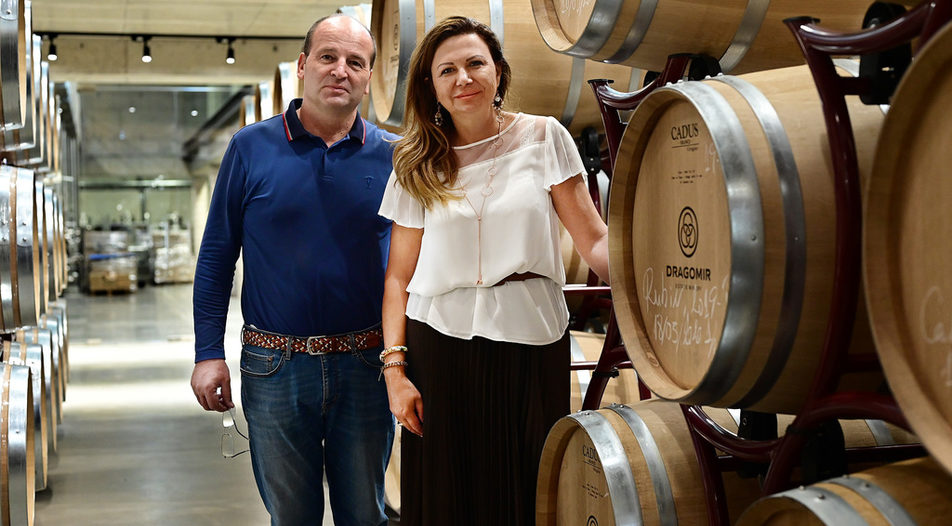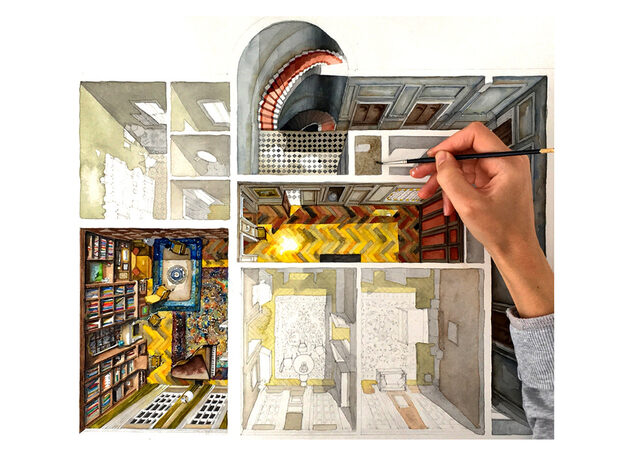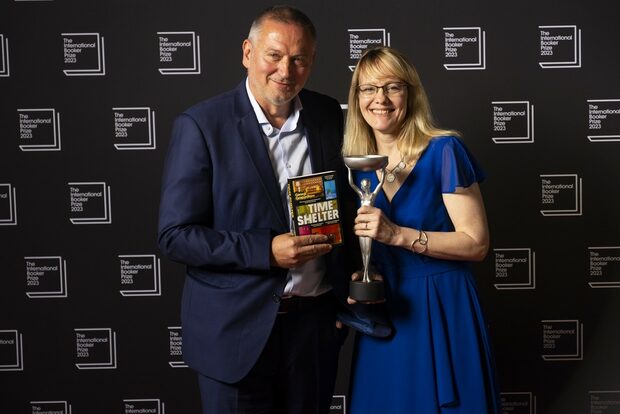Dragomir winery's new home
In the now distant 2006 a family of talented wine technicians, Natalia Gadzheva and Konstantin Stoev, launched a very ambitious project: a boutique winery that would produce some of the highest-quality wines in Bulgaria. The winery was named Dragomir after the eponymous village in Plovdiv Region, where initially the two planned to be the home of the future winery. And for a good reason: the conditions for wine production there are perfect.
The wine from the first two harvests was made in the yard of an old winery in another village, Bratya Daskalovi. Meanwhile, the two managed to buy a plot in Dragomir with the support of their partner in the project, Valeri Mektupchiyan, the majority owner of courier services company Speedy. They hired Zoom architectural studio to make the design but the crisis hit, financing was delayed and the project was stalled. Instead, home of the winery became a location in the city of Plovdiv, where Gadzheva and Stoev started organizing tasting sessions and the place quickly became emblematic for wine lovers.
A few years later they got an opportunity to buy the old winery in the village of Brestnik. Though the building was too big for them, they decided to go ahead, because the village is very close to Plovdiv and that is an important advantage when you want to organize tastings and events. Construction started in the spring of 2018 and after a 3-million-lev (1.5 million euro) investment the new winery opened in February 2020. The lockdown in March substantially hampered the wine-makers' plans but they received support from their regular customers and focused on their online shop. Now the winery is open for guests again.
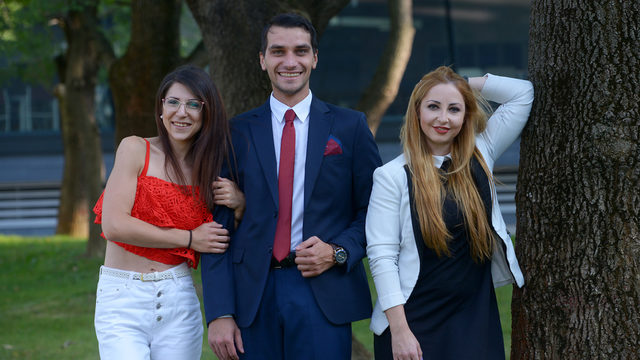
Starting a business during a pandemic
The limitations during the coronavirus lockdown this spring threw many young entrepreneurs out of business and others had to put their plans on hold. For some, however, the quarantine was an opportunity. "In practice, it gave us the time we needed to fulfil our idea," says Zhasmina Gevezieva, co-founder and manager of Cardinal Bites. Six months later she and her partners, Maria Sbirkova and Yonko Chuklev are ready for the market debut of their protein bites without sugar, which they say are the first such product in Bulgaria. Though the model has not been market-tested yet, the results from the preliminary tests are encouraging and the three have a clear plan for the next few years. Earlier this year, the project won 10,000 euro financing from the new Innovation Starter fund - a private equity fund for venture capital.
What makes Cardinal Bites special is that they have no added sugar, Gevezieva explains. The bites contain between 15 and 20% high-quality protein: a combination of rice and pea for the vegan version and casein for the dairy version, which is also enriched with probiotics. "Our aim is to combine all macronutrients and not just make a product that is rich in fats and carbohydrates, as most raw bites are," says Sbirkova, who is the main recipe master. The production itself is outsourced to a factory in the town of Samokov.
The market test starts with a rose taste and the bites are offered both online and in gyms, cafes and specialized shops. Within a year the company plans to have 60% penetration in the target audience, which is estimated at 600,000 to 700,000 people in Bulgaria. Sales for the first 12 months are expected to reach 100,000 levs and sales in Romania have to start next year.
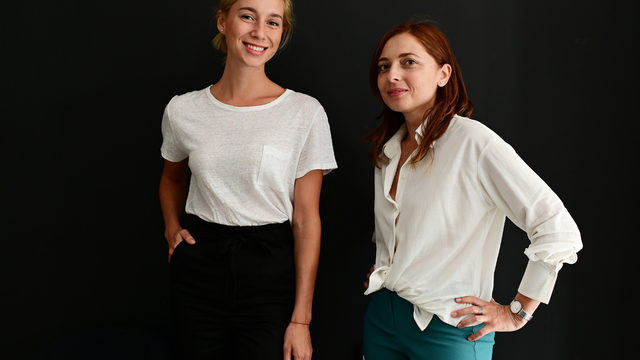
The fashion of being green
Everything is transient in fashion but green. In recent years more and more brands of clothes and accessories are being presented as eco-friendly and sustainable but for many of them that remain just a marketing trick. In that sea of eco-brands, Boryana Uzunova and Eva Vucheva decided to sift those that we're really committed to the green cause and unite them in an online shopping platform, Kool&Konscious.
They started working on the platform in early 2019 and their team gradually increased to six people, including an IT engineer and marketing specialists. In November they managed to attract a 200,000 euro investment from local venture capital fund Eleven, which acquired 10% in the business.
The platform was officially launched at the beginning of this year and currently offers 100 fashion brands of eco-friendly clothes and accessories. Companies pay a monthly subscription fee to have their products presented in the platform, as well as a share of each sale. "We choose the brands depending on the method of production and dying of the clothes, the materials used and other factors to make sure they are sustainable," Vucheva explains.
Dragomir winery's new home
In the now distant 2006 a family of talented wine technicians, Natalia Gadzheva and Konstantin Stoev, launched a very ambitious project: a boutique winery that would produce some of the highest-quality wines in Bulgaria. The winery was named Dragomir after the eponymous village in Plovdiv Region, where initially the two planned to be the home of the future winery. And for a good reason: the conditions for wine production there are perfect.








